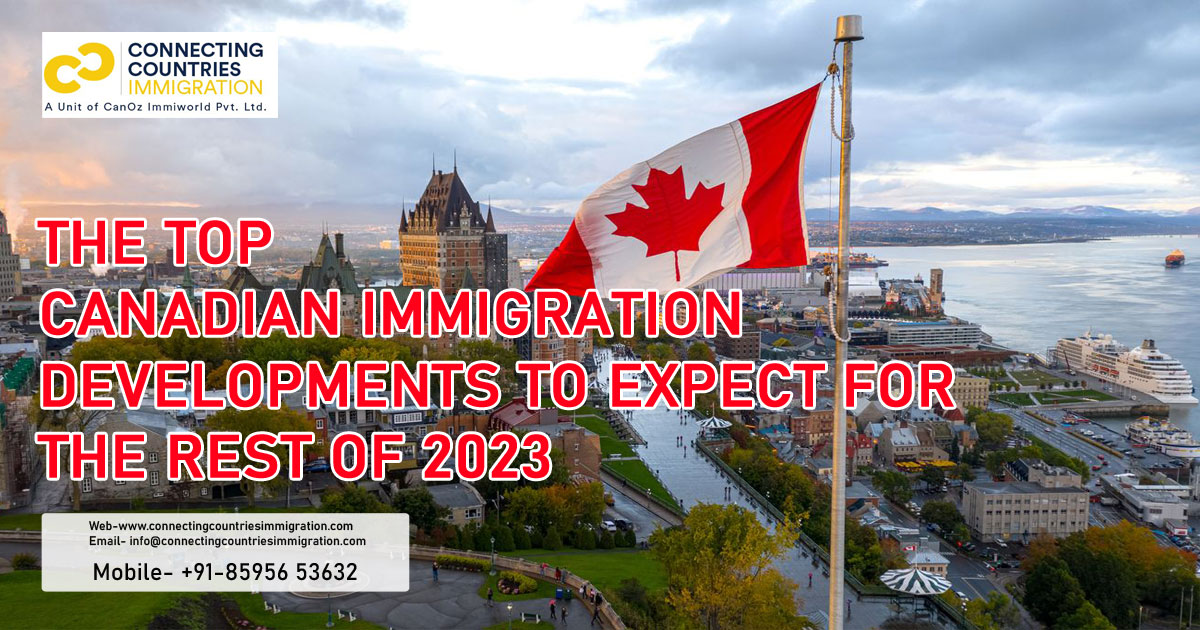Fall and the Christmas holiday season are traditionally busy seasons for Immigration, Refugees, and Citizenship Canada (IRCC) and the Canadian immigration system in general.
While Canada’s immigration system has many moving parts, there are a few crucial things to keep an eye on as the year comes to a conclusion.
These include prospective modifications to Canada’s immigration policy priorities and permanent residence levels, as well as updates to the programs for parents and grandparents, international students, and work permits.
A New Ministerial Mandate Letter?
In the coming months, Prime Minister Justin Trudeau may publish a new Ministerial Mandate letter.
Mandate letters are instructions from the Prime Minister to ministers on the government’s objectives for their tenure.
In other words, the letter to Canada’s Immigration Minister sets the country’s immigration policy and will influence how the IRCC operates in the future. Following a cabinet shuffle, such as the one that occurred this summer when Marc Miller became Canada’s new immigration minister, the Prime Minister may choose to issue new mandate letters, but there is no obligation for the Prime Minister to do so, and Minister Miller may simply pick up where Sean Fraser, the previous minister, left off.
The previous mandate letter recommended that the minister continue to welcome newcomers under the Immigration Levels Plan in order to help reunite families and strengthen Canada’s post-pandemic economic development and recovery.
2024-2026 Immigration Levels Plan
IRCC is constitutionally mandated to release its Immigration Levels Plan by November 1st in non-election years.
The plan specifies the targets for the number of permanent resident admissions, which are then broken down by immigration class (economic, family, refugee, and humanitarian), and then by program. According to the 2023-2025 strategy, by the end of 2025, Canada would accept 500,000 new permanent residents per year, with 301,250 being economic class candidates and 114,000 being Express Entry candidates.
When the 2024-2026 levels plan is released this year, it is unclear whether IRCC will lower, raise, or retain the targets. Immigration Minister Marc Miller has stated that he does not expect the targets to be reduced.
“I don’t see a situation where we cut [immigration targets], because the need is too tremendous… “Whether we revise them upwards or downwards is something I have to consider, but I don’t think [we will] lower them,” Miller added.
Report on the Processing of Immigration Applications by the Office of the Auditor General
The Office of the Auditor General (OAG) is in charge of analyzing the internal workings of the Canadian government and identifying areas for improvement as well as successes.
The OAG is expected to release an audit by the end of the year to determine if IRCC has processed permanent resident applications as quickly and efficiently as possible to ensure that the department is meeting its objectives of supporting Canada’s economy, reuniting families, and assisting humanitarian class applicants.
The audit is not likely to include non-permanent resident application processing.



